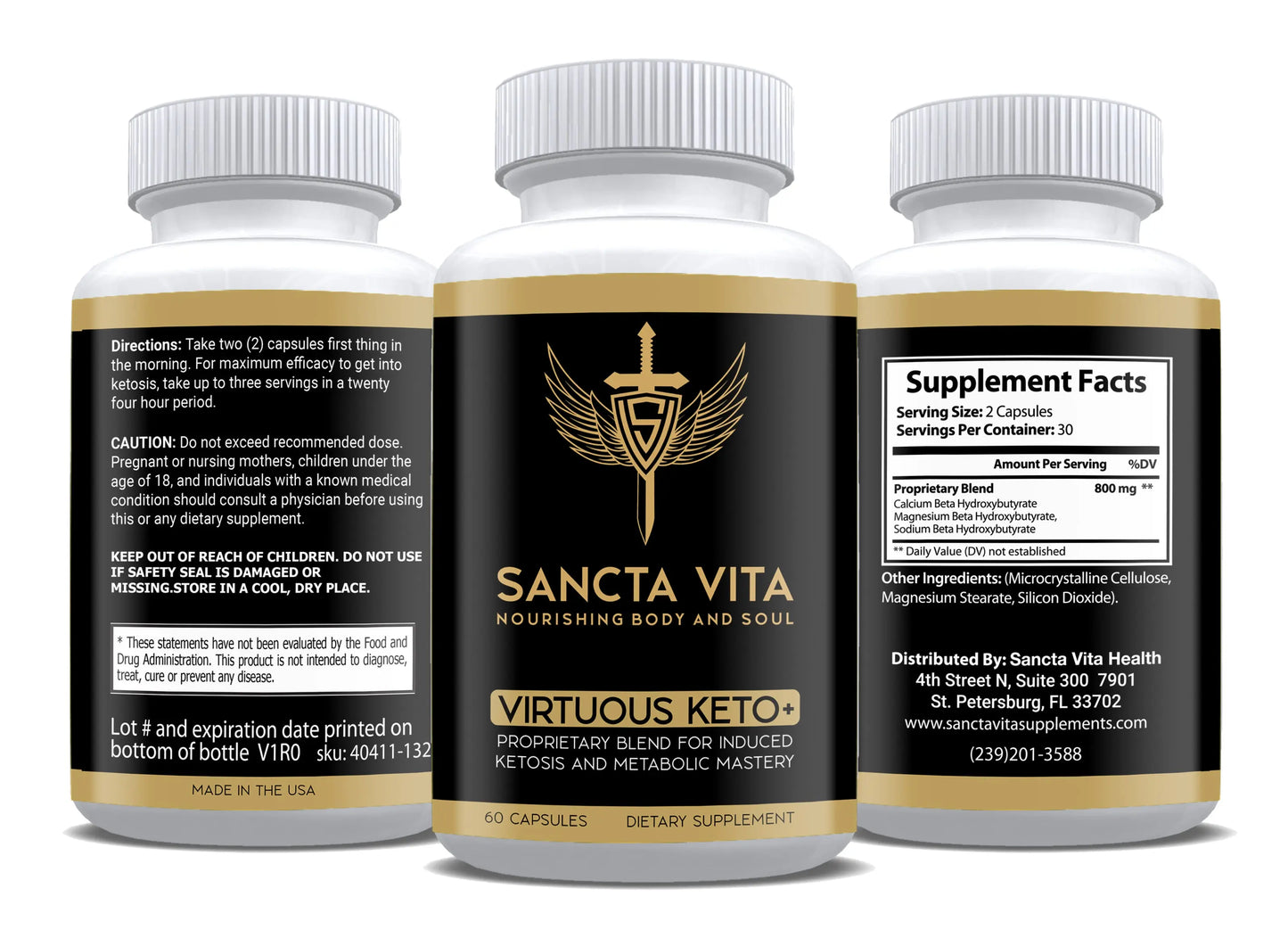
Maximize Results with the Best Keto Diet Program
Share
The keto diet program has gained immense popularity for its potential to induce rapid weight loss and improve metabolic health. By drastically reducing carbohydrate intake and increasing fat consumption, this approach aims to shift the body into a state of ketosis, where it burns fat for fuel instead of glucose. Combining a keto plan with intermittent fasting can further enhance results, making the keto fasting meal plan an attractive option for those seeking accelerated progress.
Key Takeaways:
- The keto diet program focuses on high-fat, moderate-protein, and very low-carbohydrate intake
- Ketosis can lead to faster weight loss and improved blood sugar control
- Combining keto with intermittent fasting may enhance fat loss by up to 15%
- Proper planning and nutrient balance are crucial for long-term success on keto
- Consult a healthcare professional before starting any new diet regimen.
Unleashing the Power of Ketosis: Understanding the Keto Diet Program
The keto diet program is a high-fat, moderate-protein, and very low-carbohydrate eating plan designed to induce ketosis. This metabolic state occurs when the body burns fat for energy instead of glucose, producing ketones in the liver. With approximately 740,000 global monthly searches for "keto diet," it's clear that this approach has captured significant attention.
Typically, a keto diet program consists of 55-60% fats, 30-35% protein, and 5-10% carbohydrates. To achieve ketosis, most individuals need to limit their carb intake to 20-50 grams daily. This restriction is more severe than other popular diets like Paleo or Mediterranean, which allow for more carbohydrates.
Interestingly, the ketogenic diet was initially developed in the 1920s as a treatment for epilepsy. Today, it's widely used for weight loss, metabolic health improvement, and managing chronic conditions like diabetes. Unveiling the power of ketosis can lead to remarkable health benefits when followed correctly.

Proven Benefits of the Keto Diet Program
The keto diet program has shown impressive results in various health areas. Perhaps most notably, it can lead to faster weight loss compared to low-fat diets, with some studies reporting up to 22 pounds of weight loss in just six months. This makes it an attractive option for those looking to shed pounds quickly.
Beyond weight loss, the keto diet program can significantly improve blood sugar and insulin levels, making it beneficial for managing Type 2 diabetes. It's also shown promise in brain health, with some epilepsy patients experiencing a 50% reduction in seizure frequency.
Another advantage of the keto diet is its ability to suppress hunger. High-fat meals take longer to break down, often resulting in reduced calorie intake throughout the day. This natural appetite control can make sticking to the diet easier for many people.
Crafting Your Personalized Keto Plan for Optimal Results
To maximize the benefits of a keto diet program, it's essential to create a personalized plan based on your weight, activity level, and goals. For example, on a 2,000-calorie keto plan, you might aim for about 165 grams of fat daily.
Focus on incorporating healthy fats like avocados, nuts, and olive oil into your meals. Protein should make up 30-35% of your daily calories, while carbohydrates should come primarily from low-carb vegetables like spinach, broccoli, and zucchini.
Many people find success by combining the keto diet with intermittent fasting. This approach, often called a keto fasting meal plan, can lead to faster ketosis, enhanced fat loss, and improved insulin sensitivity. Some studies suggest it may increase weight loss by 10-15% compared to a standard keto plan.
A sample keto meal might include avocado and egg salad or grilled salmon with asparagus and hollandaise sauce. To ensure you're meeting your macronutrient goals, consider using a keto supplement bundle to support your journey.
Overcoming Challenges and Ensuring Long-Term Success
While the keto diet program can be highly effective, it's not without challenges. About 70% of beginners experience the "keto flu" in the first week, which can include symptoms like fatigue and headaches. To combat this, focus on staying hydrated and increasing your intake of electrolytes like potassium, magnesium, and sodium.
For long-term success, meal prep and variety are key. Experiment with different keto-friendly recipes to keep your meals interesting and sustainable. It's also important to consult with a healthcare professional, especially if you plan to follow the diet for an extended period.
If you're looking to build muscle while on keto, ensure you're consuming adequate protein and engaging in regular strength training. With the right approach, it's possible to maintain and even increase muscle mass while following a ketogenic lifestyle.
Frequently Asked Questions
1. What can I eat on a keto diet program?
You can enjoy high-fat foods like avocados, nuts, seeds, butter, olive oil, and fatty fish, along with moderate-protein options such as eggs, poultry, and lean meats. Add low-carb vegetables like spinach, broccoli, and zucchini. Avoid grains, sugary foods, and high-carb fruits.
2. How does the keto fasting meal plan differ from the regular keto plan?
Keto fasting combines intermittent fasting with a keto diet. For example, you follow a 16:8 or 20:4 fasting window where meals are consumed within a set time frame. This approach enhances ketosis and can boost fat loss by up to 15% compared to a standard keto plan.
3. Will the keto diet program help with diabetes?
Yes, the keto diet can improve blood sugar control and insulin sensitivity, making it beneficial for Type 2 diabetes management. However, consult your doctor before starting, as medication adjustments may be necessary.
4. How fast can I lose weight on a keto plan?
Weight loss depends on individual factors like starting weight, activity level, and adherence. Studies show keto can lead to up to 22 pounds of weight loss in 6 months, typically delivering faster results than traditional low-fat diets.
5. Is a keto diet program safe long-term?
Short-term benefits are well-documented, but long-term safety varies. Consult your doctor if you plan to follow keto for longer than 12 months, as extended use might impact nutrient balance or cholesterol levels.
6. Can I build muscle on a keto diet?
Yes, muscle building is possible with adequate protein and strength training. Aim for 30-35% of daily calories from protein, ensuring your body gets what it needs to maintain and build muscle mass.
References
- Healthline. The Ketogenic Diet: A Detailed Beginner's Guide to Keto.
- MedicalNewsToday. Keto diet: 1-week meal plan and tips.
- Simple. Simple's Keto Diet Meal Plan and Menu for Beginners.
- Northwestern Medicine. Pros and Cons of the Ketogenic Diet.
- Listonic. Keto meal plan for intermittent fasting.
Sources:







